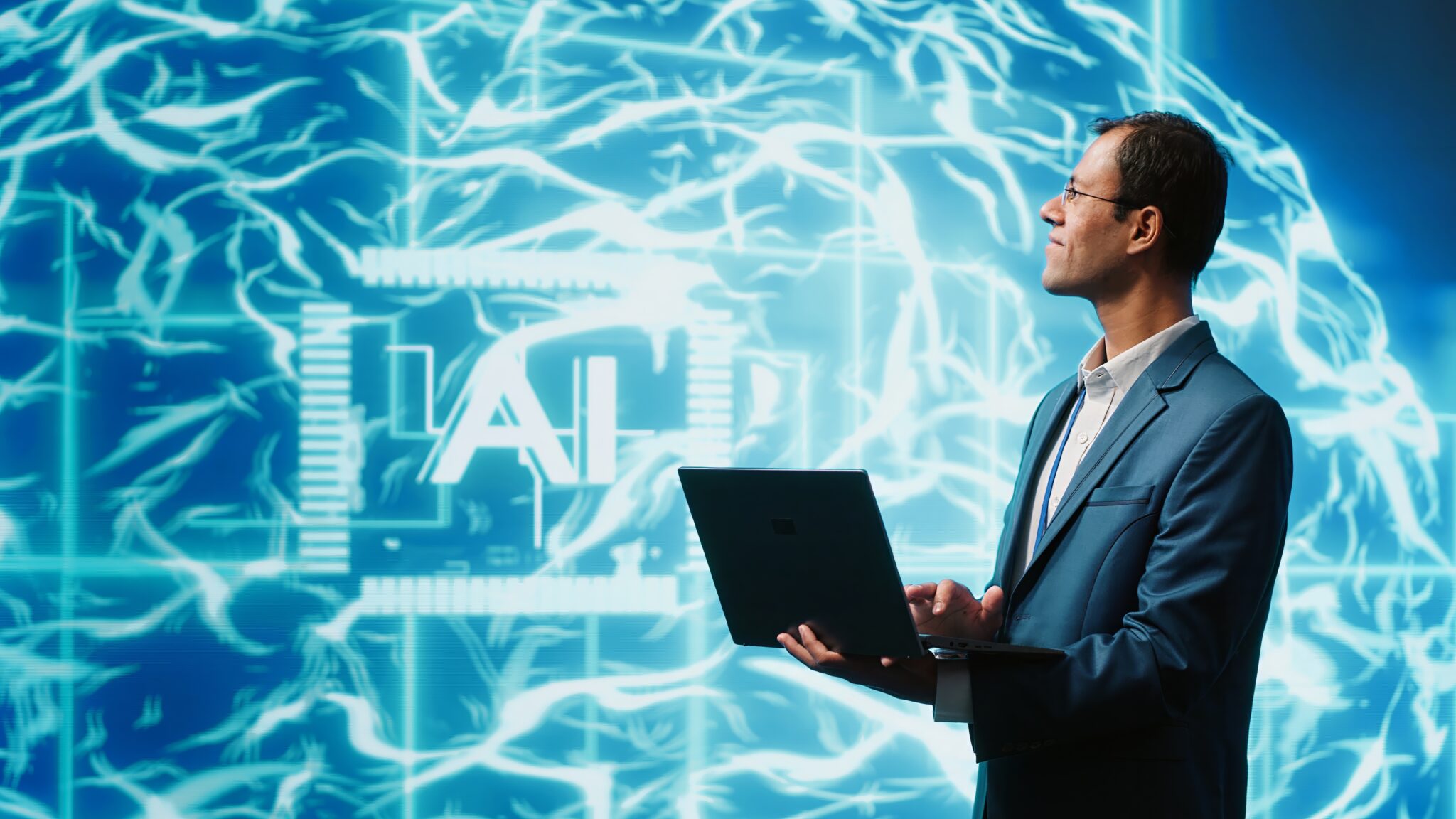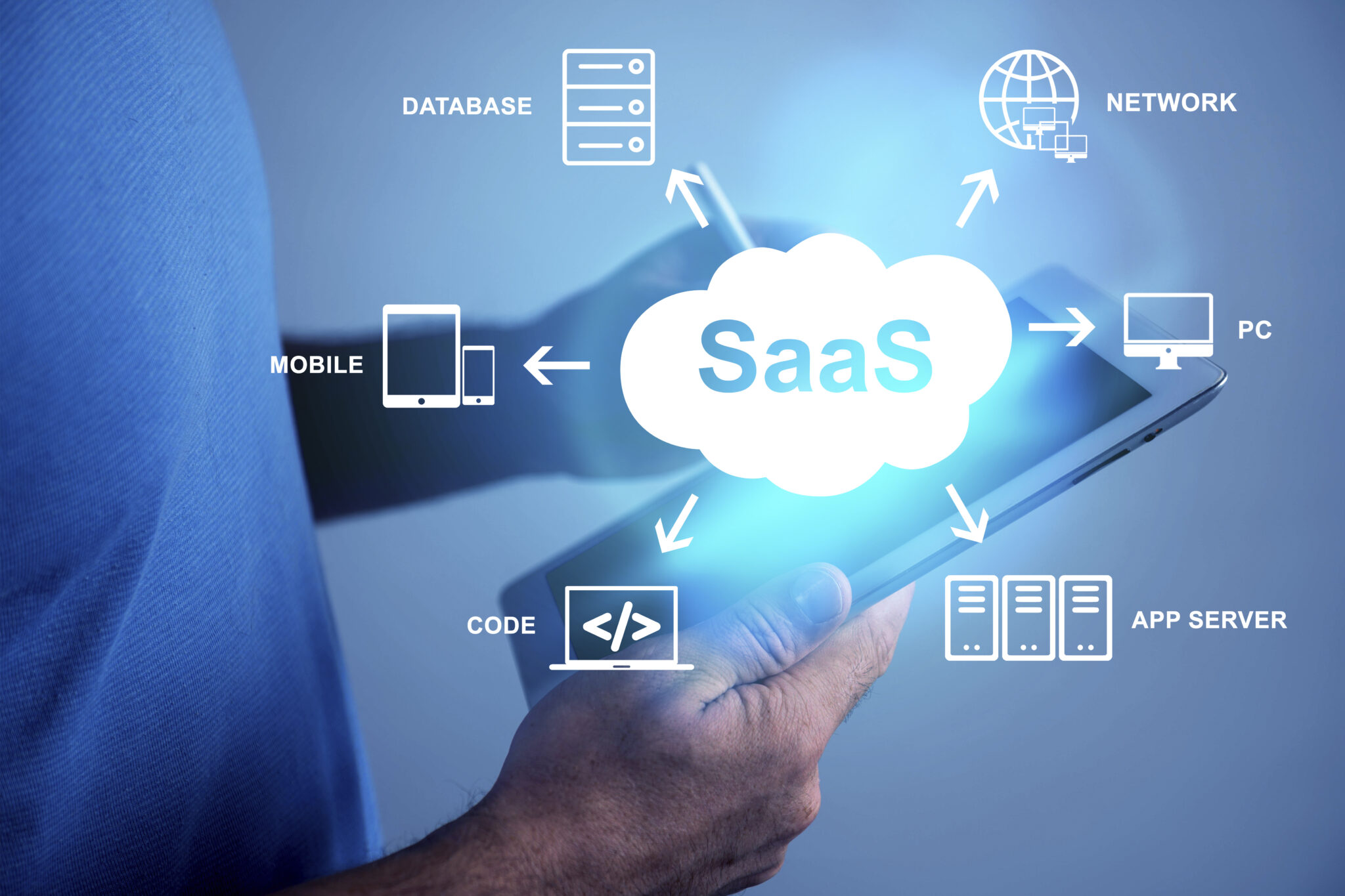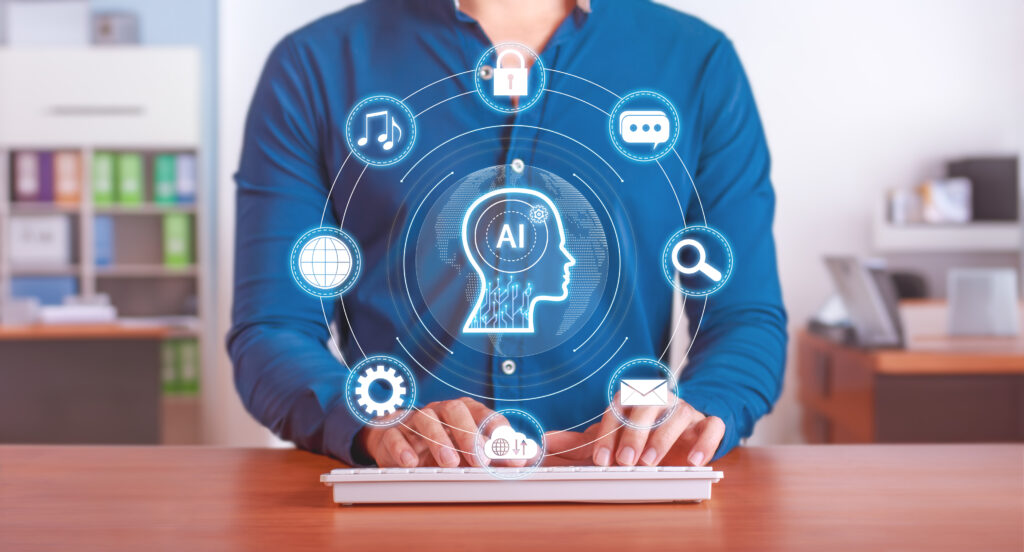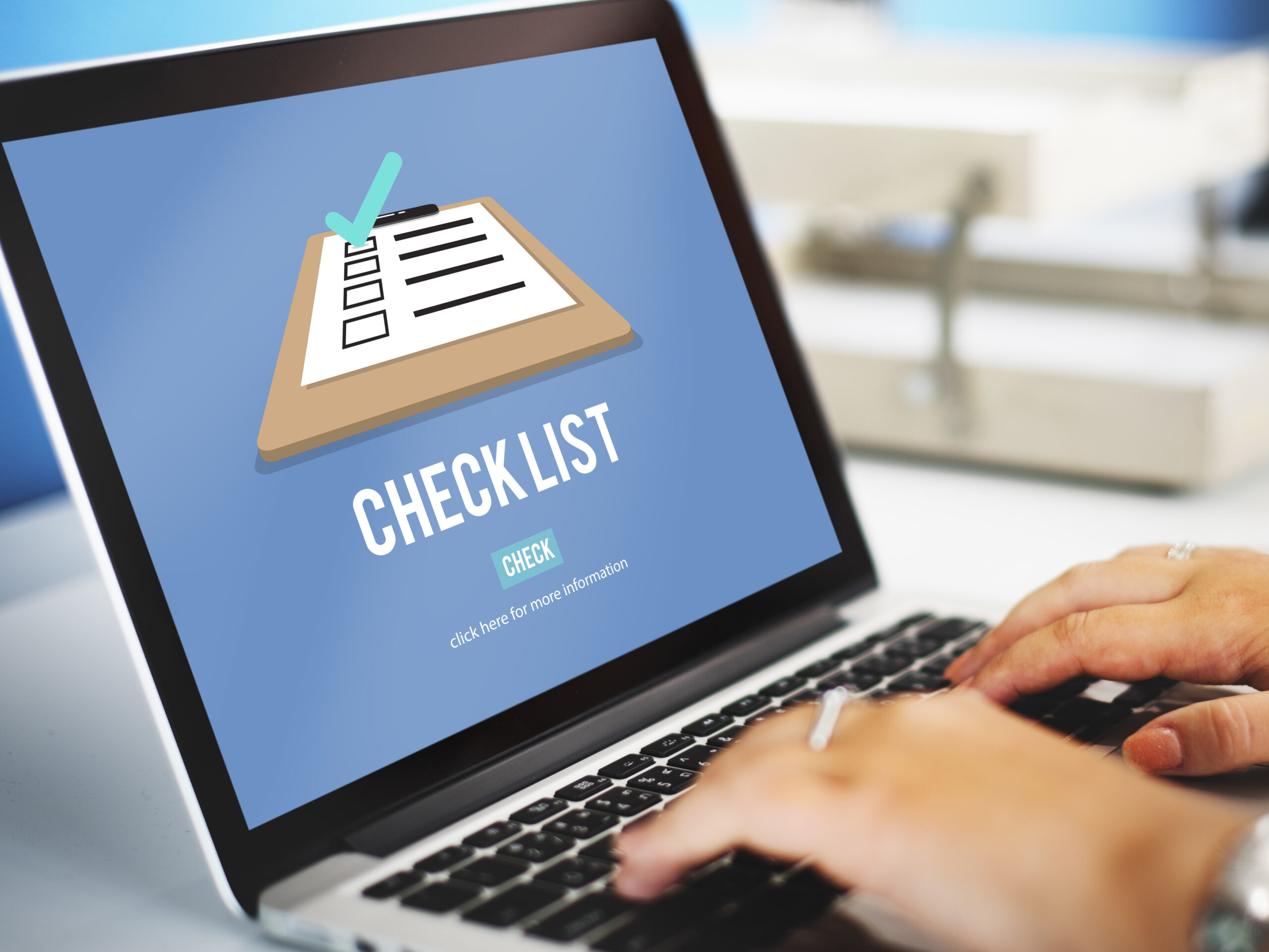Table of Contents:
- Why AI Marketing Matters for Small Businesses
- What is AI Marketing?
- Top Benefits of Using AI in Marketing
- How to Use AI in Marketing: 5 Questions Answered
- Real-World Applications of AI Marketing
- Common Challenges and How to Overcome Them
- Step-by-Step Guide to Using AI in Your Marketing
- Future-Proofing Your Business with AI Marketing
- Conclusion: Take the Leap Into AI Marketing
- Call to Action – Partner with Excell
Why AI Marketing Matters for Small Businesses
What is AI Marketing?

Let’s break down the key components that make AI marketing so powerful:
Machine learning is a branch of AI that allows systems to automatically learn from experience and improve over time without being explicitly programmed.
ML powers recommendation engines, audience segmentation, predictive lead scoring, and A/B testing optimization. It analyzes vast amounts of user behavior, including clicks, time on page, and purchase history, and identifies patterns that help predict future behavior.
An e-commerce platform uses machine learning to recommend products to shoppers based on what similar users have browsed or bought, boosting the average order value without any manual intervention.
NLP enables machines to understand, interpret, and respond to human language, both written and spoken.
NLP powers AI chatbots, content generators, customer sentiment analysis, and search optimization tools. It allows you to:
- Understand what customers are asking for in real time
- Generate conversational replies
- Create natural-sounding ad copy and blog content
- Analyze reviews or social media comments for customer sentiment
A law firm chatbot utilizes NLP to answer questions like “How do I file a personal injury claim?” and provide legally accurate, conversational responses 24/7.
Computer vision allows machines to “see” and interpret visual data such as images, videos, or live feeds.
This tech is helpful for brands with strong visual components. It can:
- Recognize logos or faces in social media images
- Enable visual search (e.g., taking a photo of a shoe and finding it online)
- Automatically tag or organize media
- Analyze customer expressions or reactions to content
A fashion brand can utilize computer vision to track the frequency of its logo appearing in user-generated Instagram photos, thereby helping to gauge brand reach and influence.
Predictive analytics uses data modeling, statistics, and AI to forecast future outcomes. It tells you what’s likely to happen based on what has already happened.
This technology helps you:
- Predict customer churn
- Forecast campaign performance
- Identify high-intent leads
- Determine the best time to launch a product or promotion
When These Technologies Combine…
Imagine a startup launching an online course:
- Machine learning analyzes which website visitors are most likely to convert based on past behavior.
- NLP powers a chatbot that answers questions like “Is there a certificate?” or “How long is the course?”
- Computer vision tracks how users interact with course preview videos to identify key engagement points.
- Predictive analytics forecasts which users are most likely to upgrade to the premium version, triggering a personalized email campaign.
Why It Matters to Small Businesses and Startups
Large corporations have long utilized data scientists and sophisticated tools to uncover valuable marketing insights. However, today, AI marketing platforms make these capabilities accessible to even solo entrepreneurs or teams of two.
The goal isn’t to over-automate. The goal is to work smarter, not harder. AI gives small businesses:
- Competitive edge without requiring massive teams
- More time to focus on strategy, branding, and customer relationships
- A scalable way to personalize marketing and serve growing audiences
Top Benefits of Using AI in Marketing

How to Use AI in Marketing: 5 Questions Answered
Real-World Applications of AI Marketing
🛒 E-Commerce Brands
- Product Recommendation Engines: AI analyzes user behavior, including browsing history, clicks, and past purchases, to display the most relevant products to each shopper. Consider the “You Might Also Like” sections on Amazon; AI algorithms power these.
- Dynamic Pricing and Urgency Timers: AI can adjust prices in real-time based on demand or inventory levels. Smart timers (“Only two left in stock!” or “Sale ends in 5 minutes”) are triggered based on user behavior to boost conversions.
- Abandoned Cart Recovery: AI predicts which cart abandoners are most likely to return and sends them personalized reminders via email, push notifications, or SMS with targeted messaging and relevant offers.
🧰 Service-Based Businesses
- Appointment Scheduling and Reminders: AI chatbots and voice assistants can handle real-time appointment bookings, integrate with calendars, and send reminders to reduce no-shows.
- Lead Qualification: Instead of having a human review every inquiry, AI chatbots can ask qualifying questions (e.g., budget, timeframe, location) and rank leads before passing them to a sales rep.
- Automated Follow-ups: AI triggers personalized follow-up emails or texts based on how a lead interacts with your website, such as downloading a brochure or visiting a pricing page.

- Onboarding Workflows: AI tracks new user behavior and adapts the onboarding process in real-time, offering tutorials, check-ins, or support prompts when users appear to be stuck or inactive.
- Behavioral Upselling and Cross-Selling: Based on how users engage with features, AI can trigger upgrade prompts at the optimal time, such as nudging a free user to try a premium feature they have just clicked on.
- Churn Prediction: AI models analyze engagement patterns and predict which users are likely to churn, enabling you to intervene with targeted retention offers, surveys, or personalized support.
🏪 Local Brick-and-Mortar Businesses
- AI-Powered Chatbots: Even if your business is closed, AI chatbots can answer FAQs, book appointments, or gather contact info via your website, Google Business profile, or Facebook Messenger.
- Review Monitoring and Sentiment Analysis: AI tools track reviews across platforms and flag negative trends or keywords, enabling quicker response and reputation management.
- Localized Ad Optimization: AI can adjust local ad targeting in real-time based on user location, time of day, and even weather conditions, thereby enhancing relevance and ROI.
🎨 Creative Professionals & Freelancers
- Content Creation at Scale: AI helps generate drafts for blog posts, landing page copy, or social media updates. Creative professionals can save time and focus more on strategy and refinement.
- Portfolio Personalization: AI dynamically shows case studies or client work most relevant to the viewer’s industry or location, boosting conversions.
- Client Onboarding Automation: AI guides new clients through onboarding forms, FAQs, or calendar scheduling without manual input.
Bottom Line
- Save time
- Increase conversions
- Enhance customer experience
- Improve ROI
Common Challenges and How to Overcome Them
Step-by-Step Guide to Using AI in Your Marketing
- Use AI to write social media captions.
- Automate welcome emails with behavior-based triggers.
- Add a chatbot for website support.
Future-Proofing Your Business with AI Marketing
- AI-powered voice Assistants will allow voice searches to trigger custom marketing flows.
- Real-time video personalization will create tailored video content based on viewer behavior.
- Emotion AI may soon analyze user sentiment to dynamically adjust tone and messaging.
- Generative Design will allow AI to create graphics, layouts, and web pages without human input.
Conclusion: Take the Leap Into AI Marketing
Call to Action – Partner with Excell

Contact us:
6420 Richmond Ave., Ste 470
Houston, TX, USA
Phone: +1 832-850-4292
Email: info@excellofficial.com





